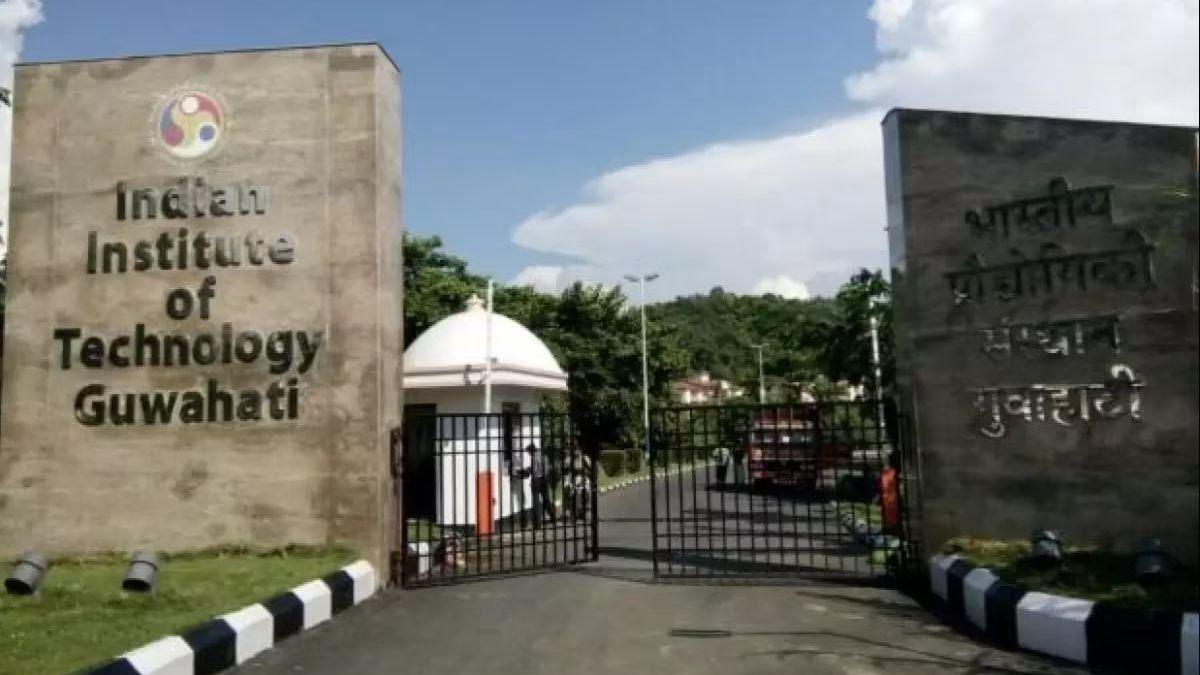 Image Source: Gulte
Image Source: Gulte
The vibrant world of Telugu cinema has come to an abrupt halt following an indefinite strike initiated by the Telugu Film Industry Employees Federation on August 4, 2025. Workers across the industry have united in demanding a substantial 30% wage hike, bringing film and web series shoots to a grinding stop and plunging the industry into uncertainty.
Strike Overview and Immediate Impact
On August 4, the Telugu Film Industry Employees Federation commenced a widespread strike, demanding a 30% raise in wages, reversing a stagnant pay scale that has remained unchanged for the last three years.
The strike covers all sectors within the industry, including high-budget, mid-tier, and low-budget film productions, as well as web series shoots, affecting shooting schedules and impending film release timelines.
No worker affiliated with the Federation is allowed to attend any shoot or production event without prior federation approval, which has halted multiple projects simultaneously.
The Federation mandates that shooting will only resume if producers provide official confirmation of the wage increase, ensuring accountability and adherence to the demand.
Workers’ Grievances and Wage Details
The daily wages for many workers, especially daily wagers, currently hover around Rs 1,400, a figure that hasn't been revised for over three years despite inflation and increasing living costs.
Workers argue that despite producers spending crores on top-tier technicians and actors, frontline employees such as camera crew, set designers, and support staff have not received commensurate pay increments.
The Federation represents 24 categories of workers and stresses that fair compensation is crucial for sustaining livelihoods and encouraging talent retention within the industry.
Producers’ Response and Industry Challenges
The Telugu Film Chamber of Commerce has contested the wage hike demand, stating that wages are already above the legally stipulated minimum. They highlight that many workers currently receive salaries much higher than the minimum wage mandated by labor laws.
The Chamber has expressed concern that the strike exacerbates an already financially tight situation for producers, potentially resulting in severe delays or losses for films in production.
Producers emphasize the industry's fragile state and stress the importance of dialogue, stating they are engaged with relevant authorities to find a sustainable resolution.
Some producers are considering hiring non-union workers to maintain production schedules, though this strategy is challenged by the scarcity of skilled technicians outside the Federation's fold and risks lowering production quality.
The Telugu Film Chamber of Commerce has warned producers to avoid separate agreements with the union until a formal resolution is reached, emphasizing collective bargaining.
Effect on Ongoing and Upcoming Productions
Major Telugu film projects, including high-profile films such as Chiranjeevi’s yet-unnamed film directed by Anil Ravipudi, Ram Charan’s PEDDI, Balakrishna's Akhanda 2, and others, have had their shoots delayed.
The pooja ceremony for Allari Naresh’s upcoming movie has also been postponed due to the strike.
Some productions slated for release later this year, including Ram Pothineni’s Andhra King Taluka, have reportedly agreed to the wage hike demand to resume shooting and meet release deadlines.
The production halt threatens to cascade into postponed release dates and financial uncertainty for producers, distributors, and associated businesses.
Negotiations and Future Prospects
Despite the halt, continuous discussions between the Federation and producers are ongoing with hopes for a swift resolution.
Federation leaders maintain a firm stance on their demand, asserting the strike will continue until fair wages are guaranteed.
The Federation's former General Secretary highlighted the strike as a fight for basic dignity for thousands of workers relying on the industry for their livelihood.
Producers acknowledge the need for workers’ welfare but seek balance, urging transparent and accountable employment practices.
Conclusion
The ongoing strike in the Telugu film industry reflects deeper systemic concerns about fair wages and workers’ rights amid rapidly escalating production costs and industry evolution. This standoff places Tollywood at a critical juncture, balancing economic realities with ethical employment practices. The resolution of this strike will be crucial not only for film production continuity but also for setting precedents on labor relations in Indian regional cinema.
Sources: The Week, India Today, Hindustan Times
Advertisement
Advertisement







